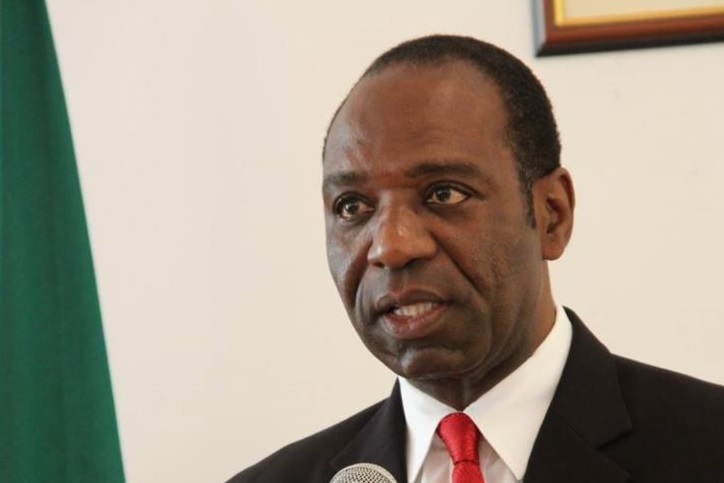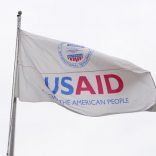Mozambique expects agreements with Portugal to convert debt into green economy projects
No economy can hope to survive for ever on the basis of loans, imports and state subsidies – Mozambican PM

Mozambican Prime Minister Carlos Agostinho do Rosario warned that the pace of economic growth could slow down this year, due to the persistence of adverse domestic and international circumstances.
Speaking at a meeting of the Council to Monitor the Business Environment, Rosario said the government is assessing the need to revise the forecast for the GDP growth rate downwards.
Back in December, the government was predicting a seven per cent growth rate for 2016. But this now looks impossible to attain, particularly because of the sharp fall in agricultural production caused by the drought that has struck southern and central Mozambique.
The Council brings together members of the government and of the Confederation of Mozambican Business Associations (CTA), and Friday’s meeting was intended to reflect on measures that can be taken to alleviate the effects of the current crisis.
For Rosario, a key problem was the chronic deficit on the balance of trade. “The country continues to consume more than it produces”, he exclaimed. Furthermore, Mozambique has suffered from the general fall in international commodity prices, which have hit several of Mozambique’s key export products (such as coal, natural gas and aluminium).
In 2015, said the Prime Minister, the country exported 3.372 billion dollars worth of goods. But the country’s import bill was little changed – imports of goods over the year amounted to 6.648 billion dollars.
“This reality means we have less foreign currency available to place on the exchange market”, he added, blaming this for the depreciation of the national currency, the metical.
Rosario urged Mozambican businesses not to use foreign currency for domestic trade, and to use the normal banking channels for import and export operations. He hoped that this would “reduce the apparent pressure for seeking dollars to pay for domestic goods and services”.
He insisted that Mozambican enterprises must issue their invoices in meticais, not dollars. This would help stabilize the metical and reduce the exchange rate.
Among the other factors damaging the economy were “acts of destabilization” by the rebel movement Renamo, aimed at seizing power in six northern and central provinces. Renamo attacks on the roads in central Mozambique were hindering productive activities as well as the normal movement of people and goods.
“We would like to invite the private business sector to join the voice of the public in condemning the armed violence of Renamo, which is making it difficult for our productive base to grow”, said Rosario. “We should all say no to war. We should all demand that the Renamo leader (Afonso Dhlakama) accept the invitation from President Filipe Nyusi for a dialogue to seek paths for effective peace”.
The Prime Minister argued for a number of reforms that could reduce the cost of living. These involved simplifying procedures “so as to eliminate barriers to new operators entering the market”, and making the licensing of economic activities easier and quicker. He believed this would stimulate the emergence of new micro, small and medium enterprises.
Rosario also promised a review of Value Added Tax (VAT) “to simulate an increase in agricultural marketing, and the development of agro-business”. The government also intended to revise customs tariffs “in order to promote the development of Mozambican industry and to encourage import substitution of goods that are essential for production inside the country”.
He warned that no economy could hope to survive for ever on the basis of loans, imports and state subsidies. “The stability and resilience of our economy will only be achieved by increasing domestic production”, the Prime Minister said.
The government, he added, intended to focus its attentions on four areas – agriculture, infrastructures, energy and tourism – which could be catalysts for implementing in its entirety the government’s Five Year Programme for the 2015-2019 period.
“These are areas in which our country has comparative advantages”, said Rosario. “These can easily be converted into competitive advantages which offer opportunities to the private sector”.












Leave a Reply
Be the First to Comment!
You must be logged in to post a comment.
You must be logged in to post a comment.